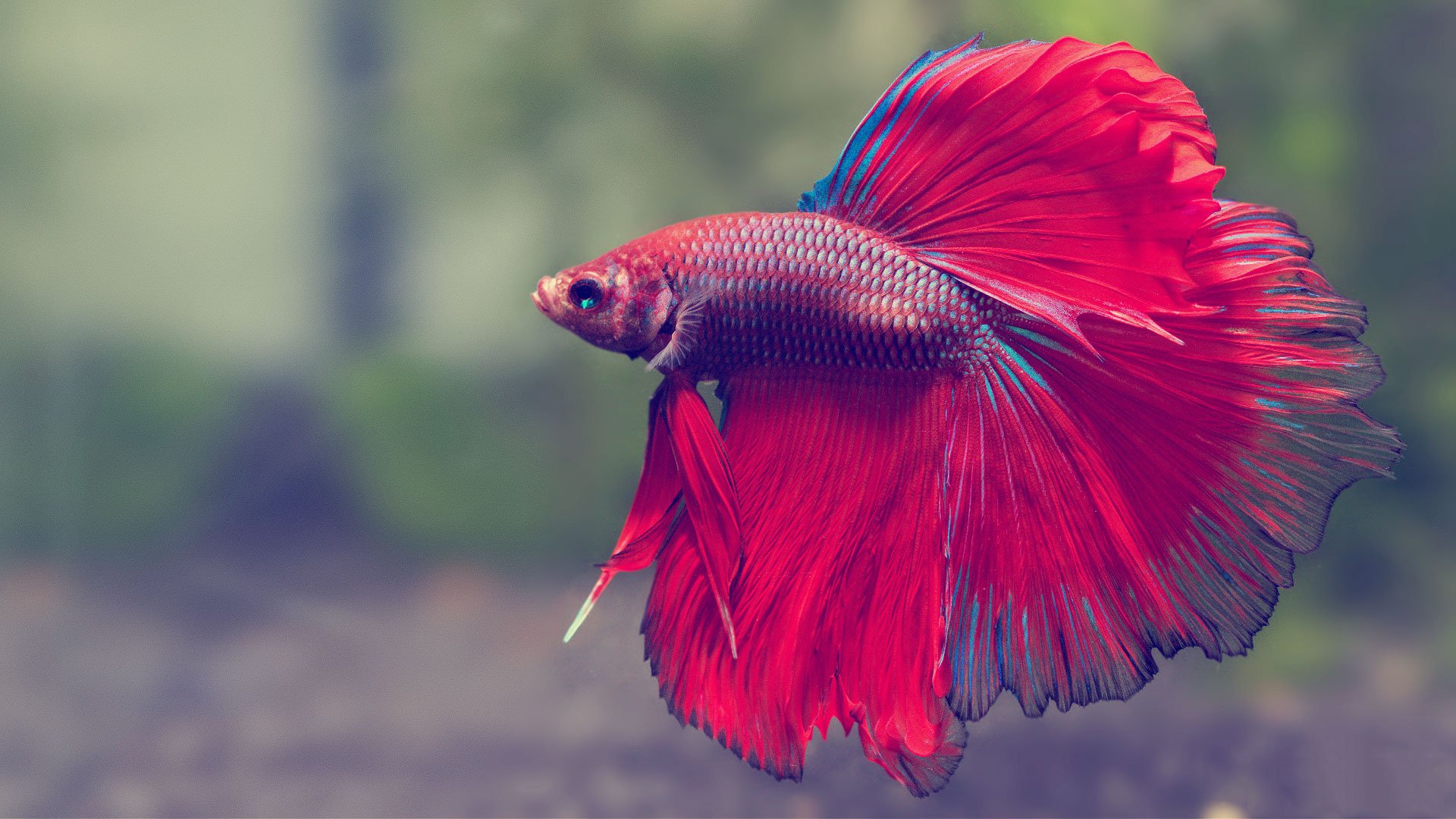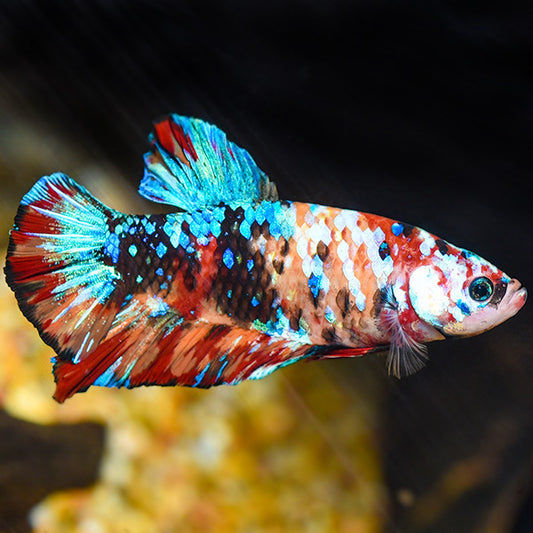Betta Fish Care: Necessary Tips for a Healthy And Balanced and Delighted Family Pet
Betta Fish Care: Necessary Tips for a Healthy And Balanced and Delighted Family Pet
Blog Article
Everything About Betta Fish: Understanding Their Distinct Needs, Behavior, and the most effective Practices for Ideal Care
Recognizing the distinct needs and habits of Betta fish is necessary for any kind of aquarist wanting to offer ideal treatment. These exciting creatures, belonging to the cozy waters of Southeast Asia, display distinct territorial tendencies and call for particular ecological conditions to grow. From selecting the right container size to recognizing potential health and wellness issues, various variables significantly affect their health. As we check out these elements further, the effects for both novice and skilled fish keepers end up being progressively obvious, questioning concerning exactly how best to suit these exceptional fish in our homes.
Betta Fish Overview
Although frequently appreciated for their vivid shades and moving fins, Betta fish, scientifically understood as Betta splendens, are complex animals that call for specific like flourish. Originating from Southeast Asia, these freshwater fish are recognized for their territorial nature and distinct actions. Betta fish exhibit sexual dimorphism, with males displaying much more vivid colors and longer fins than women.
Their aggressive tendencies, especially amongst males, require mindful factor to consider when real estate them. Bettas are frequently maintained in single-specimen tanks to avoid territorial conflicts. Nevertheless, they can exist together quietly with specific suitable types in bigger neighborhood storage tanks, supplied the setting fulfills their demands.

To ensure optimal treatment, aquarists need to understand their distinct behavior attributes, nutritional needs, and habitat requirements. betta fish. With correct focus, Betta fish can exhibit their dynamic personalities and flourish in a well-maintained fish tank setting
Natural Habitat and Environment
Betta fish flourish in a varied variety of all-natural environments, primarily located in the shallow waters of Southeast Asia, including rice paddies, swamps, and slow-moving streams. These atmospheres are defined by warm temperatures, normally in between 75 ° F and 82 ° F(24 ° C and 28 ° C ), and a pH degree varying from 6.5 to 7.5, which is suitable for their health and well-being.
In their natural environments, Betta fish are accustomed to dense vegetation, supplying both sanctuary and reproducing premises. The visibility of plants such as floating water lilies and thick lawns not just provides security from killers however likewise contributes to the oxygenation of the water, which is essential for their respiratory needs. Furthermore, these atmospheres usually have locations of still water, enabling Betta fish to show their natural actions such as bubble nesting.
Recognizing the natural habitat of Betta fish is crucial for fish tank lovers. Replicating these problems-- through water temperature, pH balance, and the inclusion of online plants-- can substantially improve the total health and longevity of these captivating fish, guaranteeing they grow in a home aquarium setup.
Social Behavior and Interactions
Understanding the social behavior and interactions of Betta fish is essential for successful aquarium administration. Betta fish, or Siamese combating fish, are known for their special behavior characteristics, defined mainly by territoriality and aggressiveness.
Alternatively, women Bettas display much less hostile behavior and can coexist in groups, reference referred to as sororities, if presented appropriately. It is vital to monitor their communications very closely, as pecking order and dominance can lead to disputes. Understanding the dynamics within a Betta area is vital; developing hiding places and making sure adequate room can mitigate aggression.
In enhancement, Betta fish might additionally show inquisitiveness and social actions in the direction of other types. While they can exist side-by-side with specific non-aggressive storage tank companions, it is necessary to choose suitable types to prevent tension and hostility. Generally, acknowledging these social interactions is crucial to promoting an unified fish tank setting for Betta fish.
Crucial Treatment Standards
Providing proper take care of Betta fish is essential to their health and wellness and health. To guarantee a growing setting, it is necessary to keep ideal water conditions. The water temperature need to be maintained in between 76 ° F and 82 ° F(24 ° C to 28 ° C), while pH degrees need to range from 6.5 to 7.5. Regular water adjustments-- about 25% once a week-- help keep water high quality.
Betta fish need a suitable container dimension; a minimum of 5 gallons is advised to offer adequate room for swimming and hiding. Consist of decorations and plants to develop a stimulating environment, yet avoid sharp things that could damage their delicate fins.

Lastly, make sure the storage tank is furnished with a filter to maintain the water clean, yet make use of a gentle filter to avoid solid currents that can stress the fish. By adhering to these necessary treatment guidelines, proprietors can promote a healthy and lively Betta fish.
Common Wellness Issues and Solutions
In the treatment of Betta fish, recognition of common wellness issues is essential for maintaining their well-being. One common concern is fin rot, often brought on by bad water top quality or bacterial infection. Signs consist of torn or tarnished fins. To deal with fin rot, enhance water conditions and consider utilizing a broad-spectrum antibiotic.
An additional typical condition is ich, a parasitical infection defined by white areas on the fish's body (betta fish). Treatment includes boosting water temperature level and adding aquarium salt to the tank, as this can assist get rid of the parasite
Swim bladder disorder is also frequently observed, causing buoyancy issues. This condition may occur from overfeeding or constipation. A fasting period of 24-48 find more information hours, followed by a diet of blanched peas, can offer alleviation.
Finally, bettas may struggle with velvet illness, indicated by a gold dust-like appearance on their skin. Therapy usually requires drug especially made for external parasites, alongside improved tank hygiene.
Regular tracking of water parameters, keeping a clean atmosphere, and giving a well balanced diet regimen are essential precautionary steps. By dealing with these health problems without official source delay, Betta fish can lead much healthier, extra vivid lives.
Verdict
In summary, successful betta fish care needs an understanding of their special requirements and actions. Regular tracking of health and water quality, along with a well balanced diet, contributes to the long life and vibrancy of betta fish.
Report this page